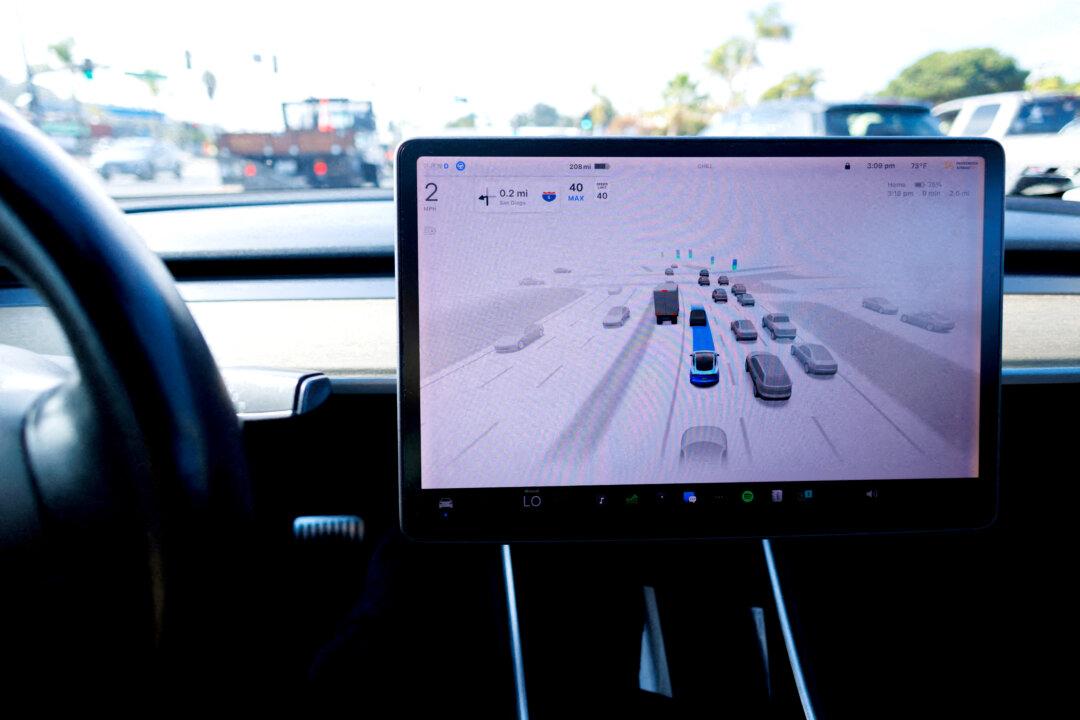The Department of Transportation (DOT) said on Thursday that it would ease some safety regulations for the development of self-driving vehicles in a move to maintain U.S. global dominance in the industry.
The DOT stated that it would expand the Automated Vehicle Exemption Program (AVEP)—which currently applies only to imported AVs—to include domestically-produced automated vehicles (AVs).





